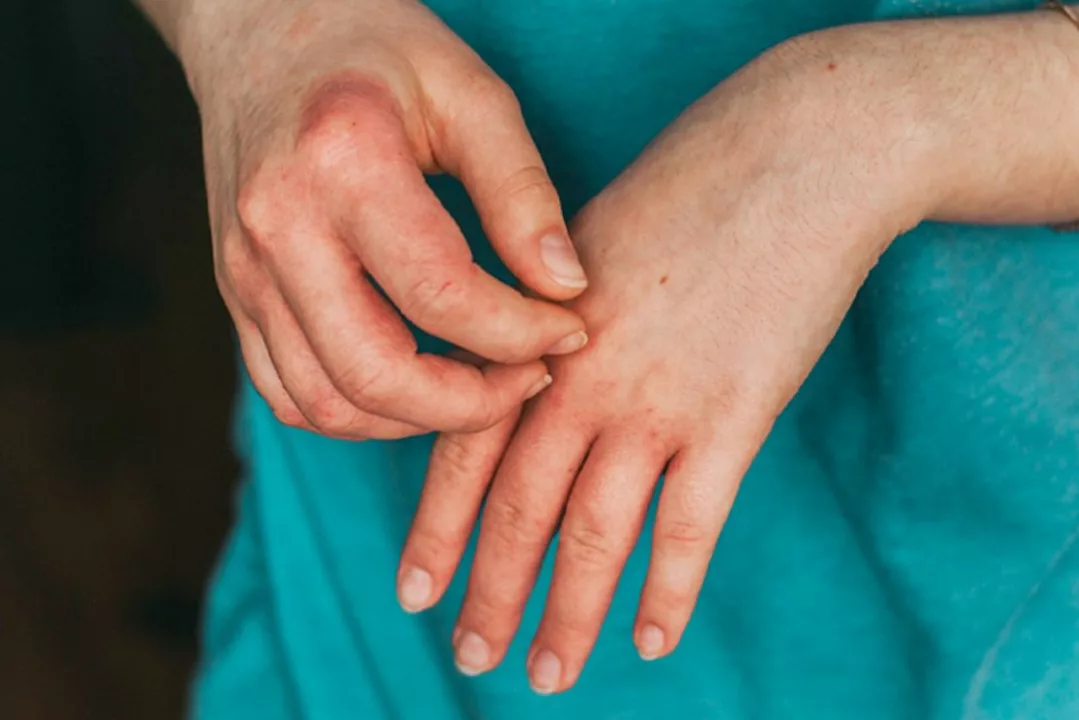Eczema: What It Is and How to Keep It Under Control
If you’ve ever dealt with red, itchy patches on your arms or legs, chances are you know what eczema feels like. It’s not just a cosmetic issue – the constant itching can mess with sleep, work, and confidence. The good news? You don’t need a PhD to understand it, and there are practical steps you can take today to calm those flare‑ups.
What triggers eczema?
Eczema isn’t caused by one single thing. It’s a mix of genetics, the skin barrier, and things in your environment. If someone in your family has it, you’re more likely to develop it too. A weak skin barrier lets moisture slip out and irritants slip in, so even mild soaps or dry air can spark a reaction.
Common triggers include:
- Harsh detergents or fragrances
- Wool or rough fabrics
- Hot water showers
- Stressful days
- Allergens like pollen or pet dander
The trick is to spot what sets off your skin and avoid it when possible. Keep a simple diary – note when a flare starts, what you ate, wore, or felt that day. Patterns emerge quickly.
Everyday habits for calmer skin
Moisturizing is the cornerstone of eczema care. Apply a thick cream or ointment right after a shower while your skin is still damp – this locks in water and reduces dryness. Look for products labeled “fragrance‑free” and “ceramide‑rich.”
Avoid hot showers; lukewarm water does the job without stripping natural oils. If you need to wash hands often, keep a travel‑size moisturizer handy and reapply as soon as you can.
When itching gets intense, a cool compress can bring immediate relief. Some people find that soaking the affected area in colloidal oatmeal baths for 15 minutes helps soothe irritation.
If over‑the‑counter creams aren’t enough, short courses of prescription steroids or non‑steroid anti‑inflammatories (like tacrolimus) may be recommended by a dermatologist. Don’t self‑prescribe – get professional advice to avoid side effects.
Stress management also plays a role. Simple breathing exercises, short walks, or a quick meditation session can lower cortisol levels, which in turn reduces the frequency of flare‑ups.
Finally, protect your skin from the sun. Use a broad‑spectrum sunscreen with zinc oxide – it’s gentle and less likely to irritate sensitive patches.
Living with eczema is about consistency. A few minutes each day to moisturize, watch for triggers, and keep stress low can make a huge difference. You don’t have to let itchy skin run your life; with the right habits, you’ll notice calmer, smoother skin in no time.

